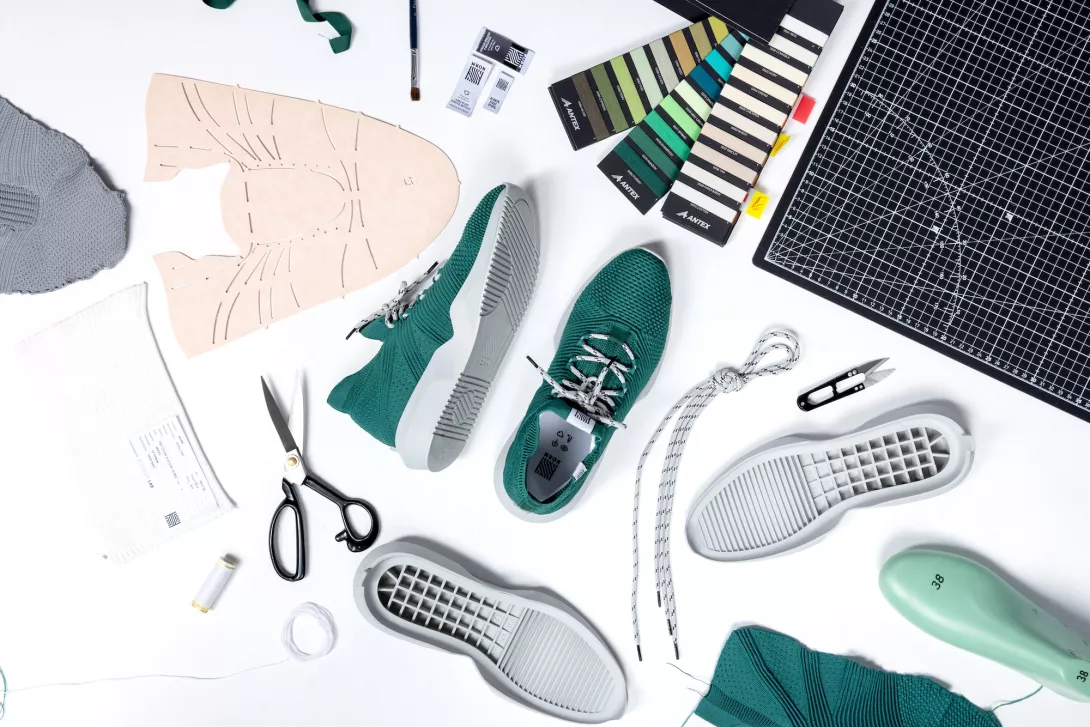Place du Nouveau Marché aux Grains 10
Nieuwe Graanmarkt 10
1000 Brussels
Nieuwe Graanmarkt 10
1000 Brussels
contact@mad.brussels
+32 2 880 85 62
+32 2 880 85 62

"Our ambition was to redefine the codes of eco-responsible footwear."
Nicolas Lavigna
Nicolas Lavigna, Antoine Bodart and Arnaud Vanderplancke are the co-founders of Norm. All three of them have been active in the shoe industry for the past ten years, and the three Belgians dreamed of creating a sustainable, transparent and circular sneaker label. Their objective was to rethink the codes of a market they know.
MAD had a talk with Nicolas Lavigna, co-founder and designer of the brand.